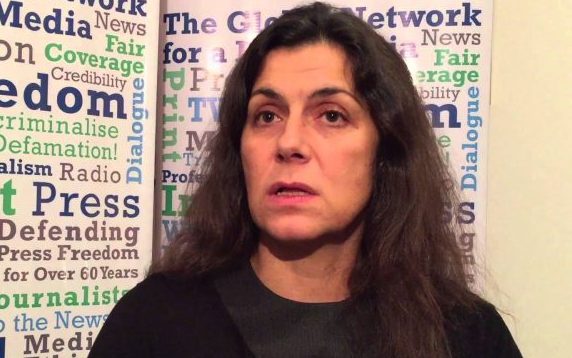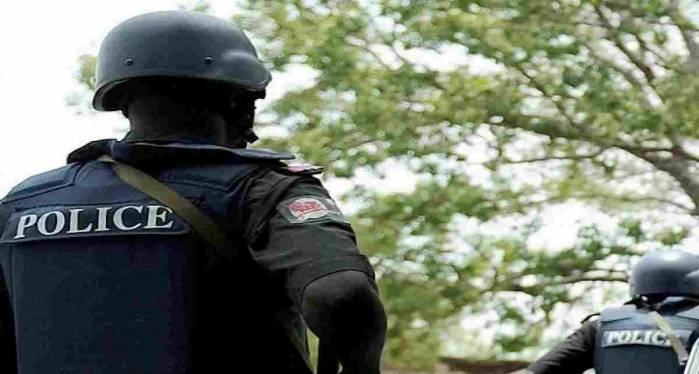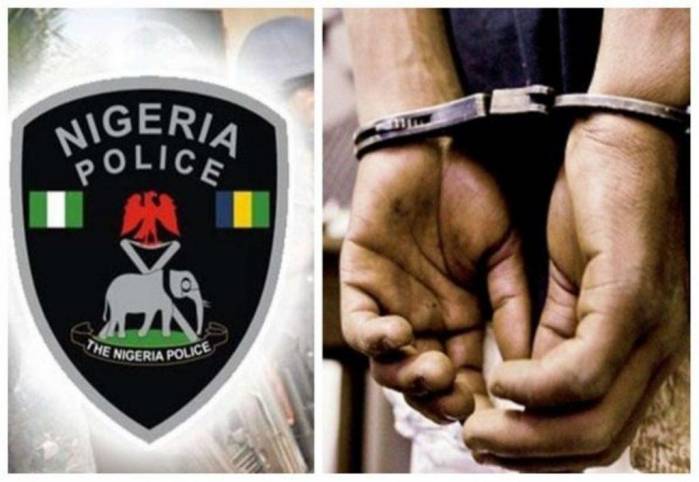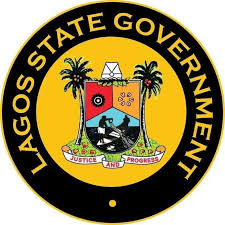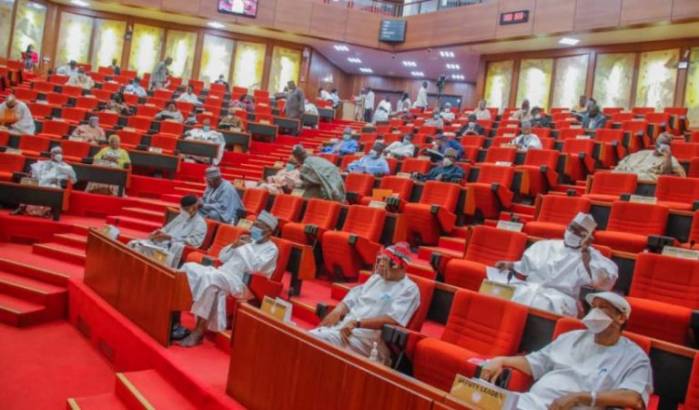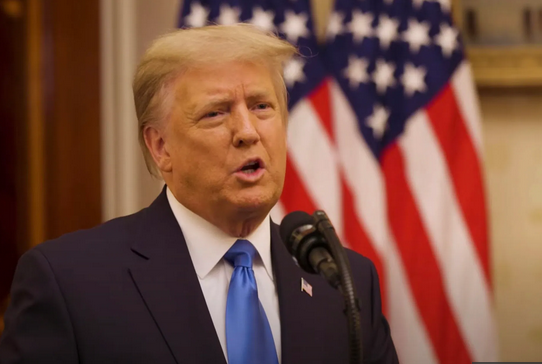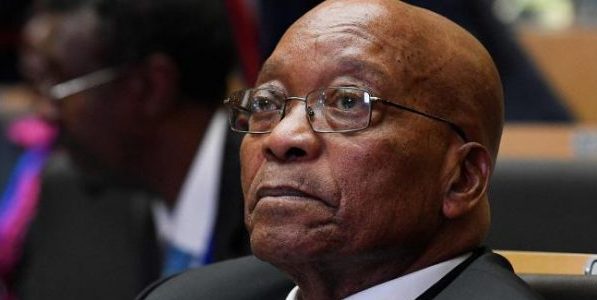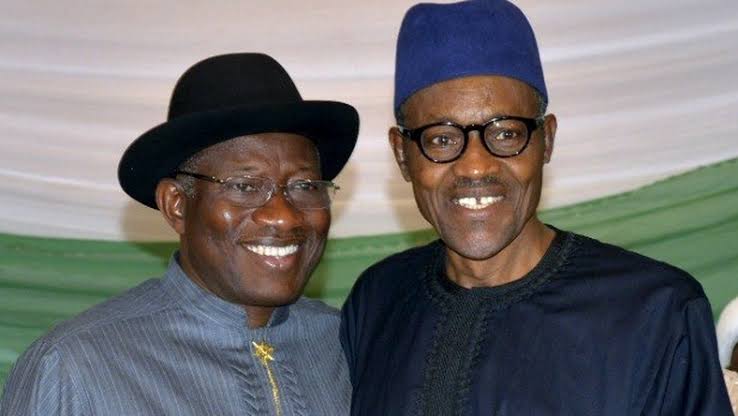The International Press Institute (IPI), a global network of editors, media executives and leading journalists, has called on the Nigeria Police Force to drop all the charges against the Premium Times reporter, Samuel Ogundipe, who was arrested on Tuesday.
IPI made the demand when it reacted to the bail granted Ogundipe on Friday.
It said while the release of the journalist was welcome, it would be imperative for the police to drop the charges against him.
Ogundipe was arrested by Nigerian police after his newspaper, the Premium Times, published a report sent by the Inspector General of Police, to Acting President Yemi Osinbajo.
The report detailed the actions of the former Director General of the State Security Service (SSS), Lawal Daura, in relation to the siege laid to the National Assembly on August 7.
The police are demanding that Ogundipe should reveal his sources of information over the report.
Ogundipe was released on Friday on bail in the sum of N500,000.
“The prosecution of Samuel Ogundipe is a form of harassment against a journalist who has been carrying out his work professionally and in full respect of the principles included in the Code of Ethics of the Nigerian Press Council. IPI Executive Director Barbara Trionfi said. “The confidentiality of sources is universally acknowledged both as a duty and a right of journalists, as it is a necessary precondition for journalistic work,” IPI Executive Director Barbara Trionfi said.
She added: “International principles and treaties, including the 2002 Declaration of Principles on Freedom of Expression in Africa adopted by the African Commission on Human and Peoples’ Rights in 2002 and which represents an important milestone for media freedom in Africa, sets clear obligations on African Union member states to guarantee the confidentiality of journalistic sources.”
READ ALSO: Smuggling: Seme border Customs boss reads riot act
She said that in arresting and prosecuting Ogundipe, the Nigerian government had also violated Article 66 of the Treaty of ECOWAS signed in Lagos in 1975, which requires member states to “ensure respect for the rights of journalists.”
She said that in June of this year, Nigerian President Muhammadu Buhari, inaugurating the 67th IPI World Congress in Abuja, said that “good journalism promotes good governance,” and that “in an environment where fake news dwarfs investigative reporting, good journalism matters.”
“Unfortunately,” IPI boss said, “President Buhari’s words do not resonate in the actions of the police, and investigative journalism still faces great obstacles today in Nigeria.”
She stated further: “The article published by the Premium Times is an example of good investigative reporting. Nigerian officials should cherish this type of journalism and so send a clear message about their serious intention to fight corruption and wrongdoing in the country.”
She said it was unfortunate that arresting journalists and asking them to disclose their sources had become a pattern in Nigeria.
